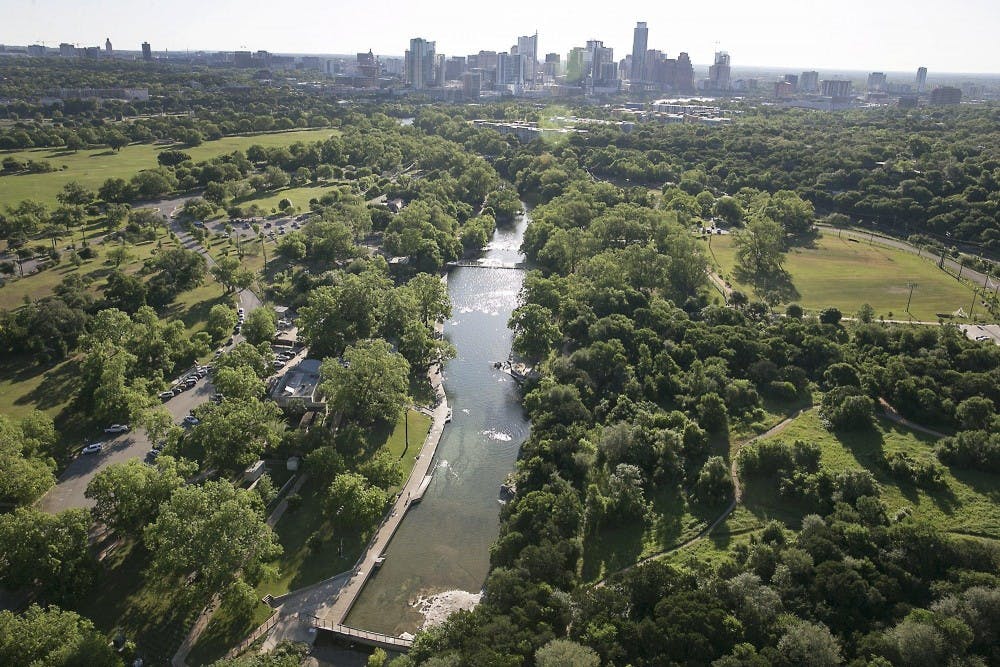When people talk about changing the world, I feel that most people have unnecessarily limited themselves. Personally, I want to see capitalism replaced with something that satisfies human needs. I firmly believe it can happen if we put our minds and resources to it.
In 1750, most of the world would have laughed if you told them there would be universal voting rights, an end to slavery and robust social welfare programs. Did this mean talking about these things in 1750 was a waste of time?Most who encounter such optimism will dismiss it as utopian thinking, but there’s something to be said for futures that seem impossible.
Visions of a perfect world have driven real change for centuries. The enlightenment saw thinkers such as Jean-Jacques Rousseau and Wilhelm von Humboldt begin to write about natural rights and social contracts. Those ideas are why liberal democracies are the most common form of government today.
It was the Utopian vision of abolitionists such as William Lloyd Garrison that helped give us an America without slavery. It was authors of utopian socialist novels that helped inspire the workers' movements of the late 19th century. Those movements led to the creation of strong social welfare during the New Deal. Most of the positive aspects of the modern world only exist because people dared to envision perfect worlds and worked to make it real.
As it stands now, our government is hijacked by corporate interests, technology is quickly transforming the world into a surveillance regime, wealth inequality is skyrocketing and life as we know it is about to be completely disrupted by climate catastrophe. It’s clear that some radical changes are needed if humanity is to survive, let alone flourish. In my experience, the arguments against utopian thinking fall into one of two categories: human nature and the complexities of modern society.
The first objection: We are naturally selfish, power-seeking creatures who need to be kept from our worst impulses. No one can say anything definitive about how human naturedevelops, but we do know who we are is determined in large part by environment. The material conditions that make up our lives have an enormous effect on how each person behaves.
As free-thinking people, we have the ability to change those conditions. All it takes is action. If everything in our environment is telling us we need to behave like cutthroats in an eternal state of competition, then it shouldn’t come as a surprise when people act like it. In the same vein, if we manage to build a nurturing society based on cooperation and common good, there is no telling how human nature will present itself.
The second objection: Even if one concedes a classless paradise is desirable, we cannot have a complex modern world without the systems that brought us here. At its core, the argument assumes that technological achievement has actually limited our future.
This is absurd. Did we give up social equality and cooperation when we adopted mass production and globalization and the internet? We couldn’t even know what new technologies will come or how they can be put to use for human advancement. To me, this is enough encouragement to dream big.
We’ve always been taught to think “realistically.” The problem is the common definition of the word usually refers to things that can happen within the current social and economic framework. We can choose to push the world in any way possible, toward a people’s utopia, and perhaps achieve it. Or we can keep everything the same and let the imaginations of bankers and corporations continue to drive our future. We have choices.






